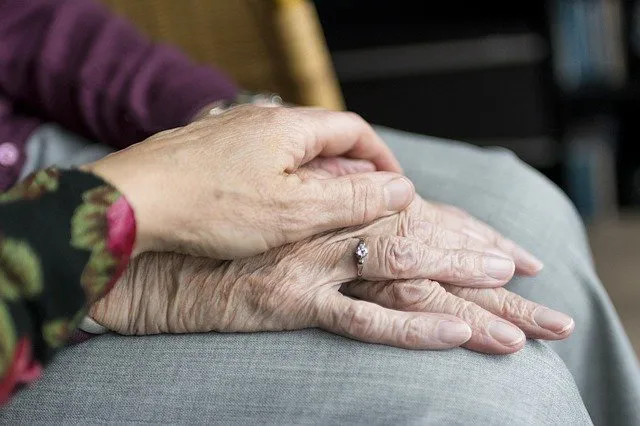As we age, the frequency of losing loved ones inevitably increases. How do the elderly manage the emotional challenges of coping with death? Grief is a universal experience, but it can present itself differently as we grow older. Let’s delve into how older adults often cope with loss and the unique factors that influence their grieving process.
Explore bereavement therapy for the elderly today.

Understanding Grief in the Elderly
Grief is a natural response to loss, but the way it is experienced can differ widely from person to person. For older adults, grieving can be particularly complicated due to various factors, including:
- Accumulated losses: Many older adults have faced multiple losses throughout their lives, which can compound the difficulty of processing new grief.
- Physical health concerns: Chronic illnesses and physical limitations can exacerbate emotional pain, making it harder to cope.
- Social changes: As people age, their social networks may diminish, reducing the availability of social support during times of grief.
Common Emotional Responses
When grieving, older adults may experience a wide range of emotions, such as:
- Sadness and loneliness: A profound sense of loss and isolation is common.
- Anger and resentment: Feelings of frustration or anger at the perceived unfairness of death.
- Guilt: Regret for perceived shortcomings or guilt for surviving the loved one.
- Anxiety and fear: Concerns about the future or heightened awareness of their own mortality.
Coping Mechanisms Used by the Elderly
Older adults often use a variety of coping mechanisms to manage their grief, including:
- Social Support Systems: Maintaining connections with friends, family, and support groups can provide vital comfort and a sense of belonging.
- Spiritual and Religious Practices: Engaging in spiritual or religious activities can offer solace and help make sense of the loss.
- Therapeutic Interventions: Therapy, such as cognitive-behavioral therapy or grief counseling, can equip individuals with tools to manage their emotions and develop effective coping strategies.
The Role of Healthcare Providers and Caregivers
Healthcare providers and caregivers are essential in supporting grieving older adults. They can:
- Normalize grief: Validate the individual’s feelings and reassure them that their emotions are normal.
- Encourage self-care: Promote healthy habits such as regular exercise, proper nutrition, and adequate sleep.
- Provide resources: Help connect individuals with support groups, counseling services, and other community resources.
Challenges Unique to the Elderly When Coping with Death
Certain challenges are particularly difficult for older adults dealing with loss:
- Loss of Long-Term Partners: The death of a spouse or long-term partner can be especially devastating, often involving the loss of a lifelong companion and a significant aspect of one’s identity.
- Facing Their Own Mortality: The aging process can bring an increased awareness of one’s own mortality, intensifying feelings of grief and loss.
Promoting Resilience and Mental Health in the Elderly
Building emotional resilience can significantly help older adults cope with loss. Strategies include:
- Mindfulness and meditation: These practices can assist in managing stress and staying present in the moment.
- Expressing emotions: Encouraging open communication and allowing individuals to express their feelings can be therapeutic.
- Finding meaning: Helping older adults find meaning in their lives and losses can provide a sense of purpose and comfort.
Conclusion: Supporting the Elderly Through Loss
Supporting older adults through grief requires empathy, understanding, and patience. By recognizing the unique challenges that older adults face when coping with loss, we can offer the necessary support to help them navigate this difficult time. Encouraging social connections, promoting self-care, and providing emotional support are critical in making a positive impact on the lives of those who are grieving.